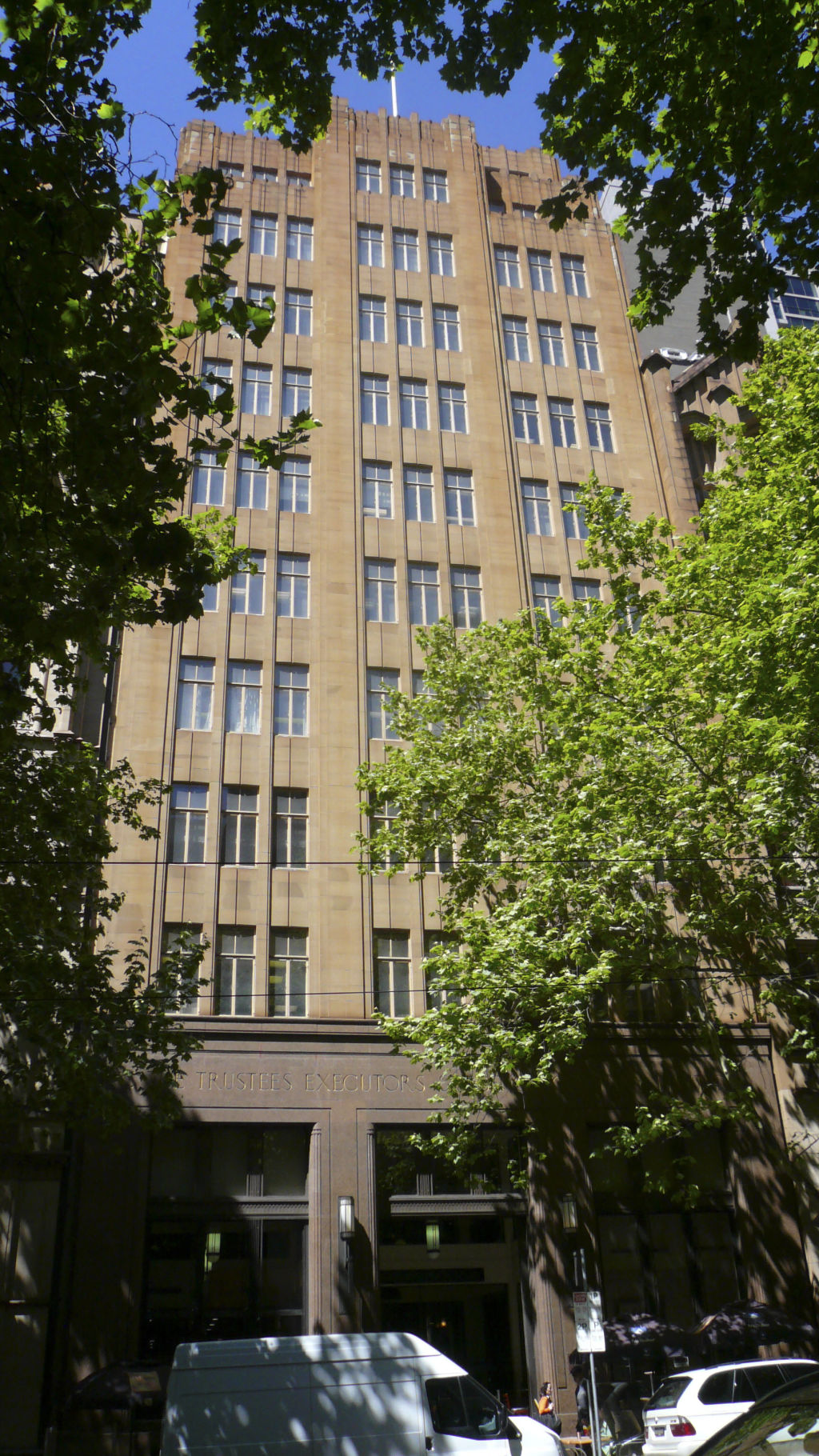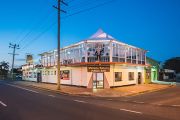
'Phase two' of Melbourne's booming coworking sector is underway
Coworking in Melbourne has been on an upward trajectory in the past 12 months and is not expected to stop, but major shifts in the sector are on the horizon.
Being the Australian CBD with the most flexible workspace locations, Melbourne’s city centre is also the most in-demand market in this category, with operators seeking almost 50,000 square metres of coworking space in the Melbourne CBD, Colliers International data shows.
Matt Pedrazzini, Colliers International’s tenant advisory director, said traditional serviced offices had evolved to more open and collaborative spaces.
“It is important to note that although the sector is coined ‘coworking’, you will find that most operators’ offerings are predominantly private offices,” he said.
So popular are these private offices that his colleague Justin Lam says suites fitting more than 100 people have been requested by occupiers requiring temporary space.
“Given the current tight vacancy rate of 3.2 per cent, we have seen larger occupiers take 50 to 100-plus desks of flexible office space as a short-term bridging solution until their new offices have completed construction,” said Mr Lam, Colliers International tenant advisory associate director.
It’s indicative of how coworking providers are drifting further from the original start-up market and increasingly chasing established businesses “to generate profitability”.
Savills Australia’s director for office leasing Mathew Kent said coworking operators were in a race to lock in vacancies before their rivals, thanks to Melbourne’s tight office market.
“We are now at a stage where major coworking companies have secured space in most of Melbourne’s premium buildings,” he said.
“Phase two of the trend is now underway, with some landlords renovating smaller B-grade buildings to incorporate coworking space.
“We’re also seeing some major companies like WeWork taking over whole buildings, such as 401 Collins Street and the London Stores building on Elizabeth Street.”
Given such demand for flexible workspace, Dan Baxter, chief executive of coworking provider Victory Offices, agreed that the sector had become more crowded in the past few years, with many new entrants popping up in the market in the past 18 months.
He said while many of these new players were offering “desks, chairs, just the basics”, it was becoming critical to maintain a point of difference amid the increasing competition.
“A lot of this will be discounted offers and introductory rates, but ultimately I don’t see that as a sustainable strategy, so we’ll probably see some rationalisation in the marketplace as some operators exit,” Mr Baxter said.
“Creating an environment that offers more than just a place to work is where the real added value is and that’s been a priority for us for some time.”
Get a weekly roundup of the latest news from Commercial Real Estate, delivered straight to your inbox!






